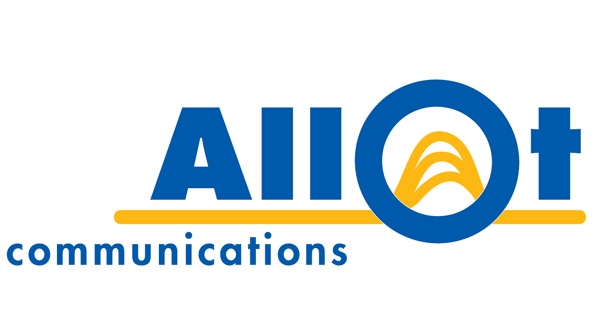A new report released revealed that managed services for greater visibility, control, quality of service and security of cloud services are on the rise among communication services providers.
November 20, 2014

A new report on cloud computing trends from Allot Communications shows that communication services providers are more frequently providing their enterprise customers with managed services for greater control, visibility, quality of service (QoS) and security of the cloud applications they’re representing.
The “Allot CloudTrends Report H2 2014” provides some insight into the managed cloud services being offered to enterprises and small and medium businesses (SMBs) by communication services providers. According to the report, such services providers view software-as-a-service (SaaS) enterprise applications like unified communications, virtualized office suites, cloud storage and enterprise customer relationship management (CRM) and enterprise resource planning (ERP) as a substantial revenue opportunity.
“Workforce productivity and mobility needs are causing CIOs to re-evaluate their network infrastructure and operations,” said Yaniv Sulkes, associate vice president of marketing at Allot Communications, in a prepared statement. “At the same time, communication services providers are responding by evolving their SMB and enterprise cloud services to reach beyond classic connectivity and IT solutions traditionally provided.”
Some of the key findings from the report include:
More than 45 percent of communication services providers offer public cloud applications and services to enterprises. The types of services being offered run the whole range of possibilities, from email and cloud storage to unified communications, CRM and ERP applications.
Microsoft Office 365 seems to be winning the cloud-based productivity suite war, at least as far as communication services providers are concerned. Office 365 represents more than 90 percent of the virtualized office suite offerings being deployed, whereas Google Apps is running way behind at eight percent. More than 33 percent of communication services providers are offering Office 365 to their customers.
Only 23 percent of communication services providers are offering QoS and/or visibility tools for mission-critical applications.
Only 32 percent are offering customers cloud-based security services.
QoS management is more prevalent when unified communications, Office 365 and Microsoft Lync are involved in the cloud solution.
“The market trends surfaced in our report reflect what we are seeing with our communication services provider and enterprise customers,” he said. “Communication services providers around the globe are increasingly delivering value-added digital services that can help enterprises overcome their toughest adoption challenges and achieve the cost and efficiency benefits promised by the cloud.”
About the Author(s)
You May Also Like


